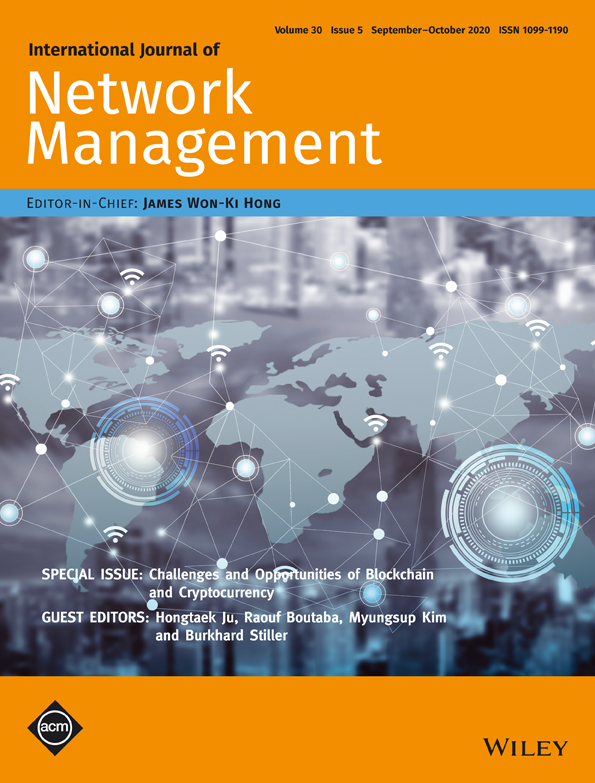FastFabric: Scaling hyperledger fabric to 20 000 transactions per second
Summary
Blockchain technologies are expected to make a significant impact on a variety of industries. However, one issue holding them back is their limited transaction throughput, especially compared to established solutions such as distributed database systems. In this paper, we rearchitect a modern permissioned blockchain system, Hyperledger Fabric, to increase transaction throughput from 3000 to 20 000 transactions per second. We focus on performance bottlenecks beyond the consensus mechanism, and we propose architectural changes that reduce computation and I/O overhead during transaction ordering and validation to greatly improve throughput. Notably, our optimizations are fully plug-and-play and do not require any interface changes to Hyperledger Fabric.




